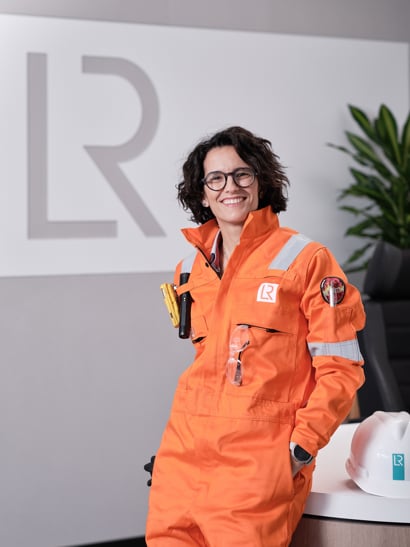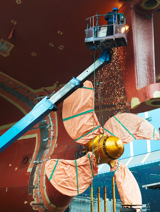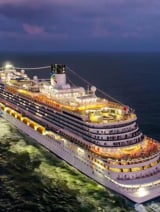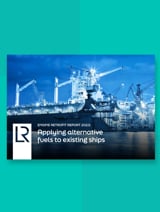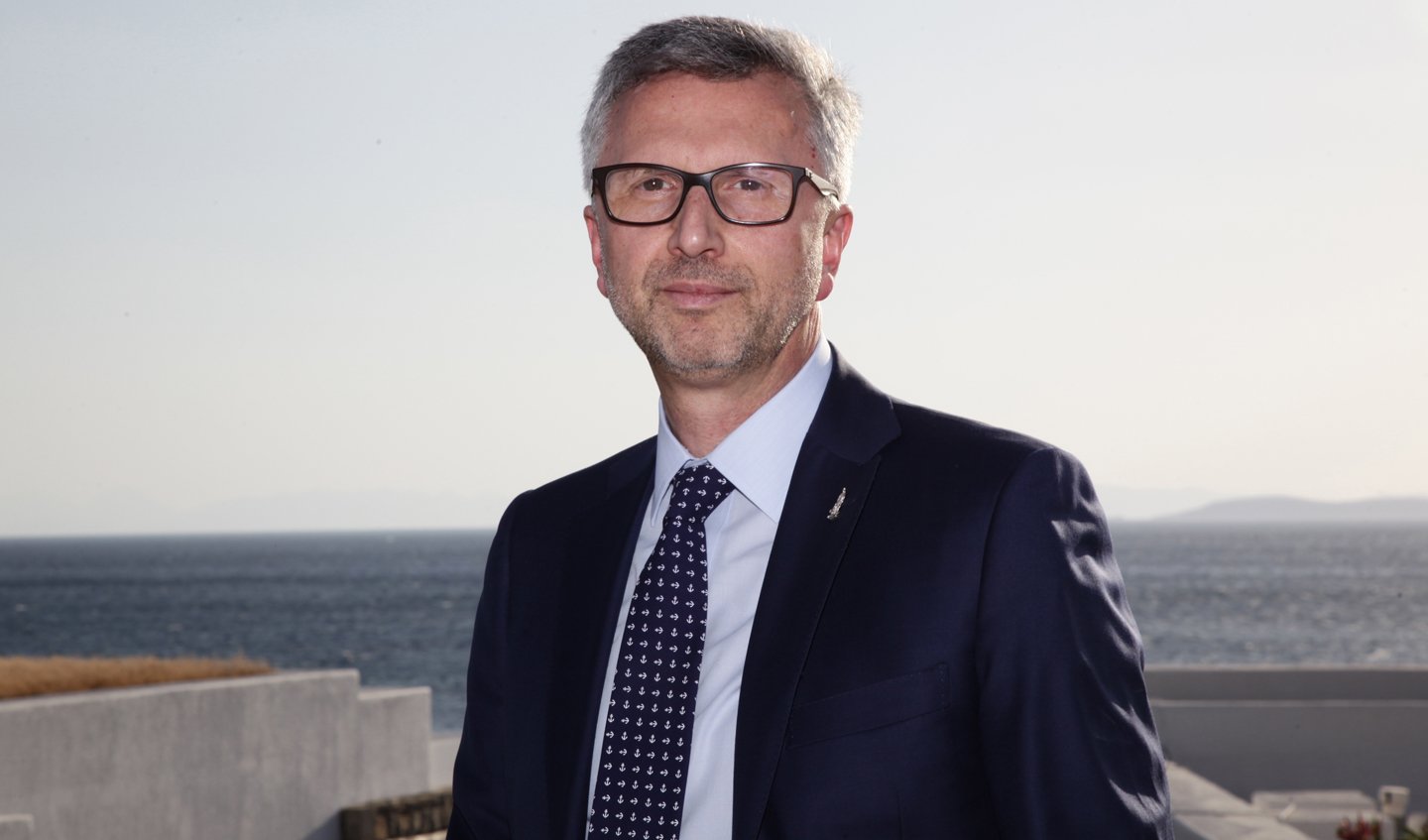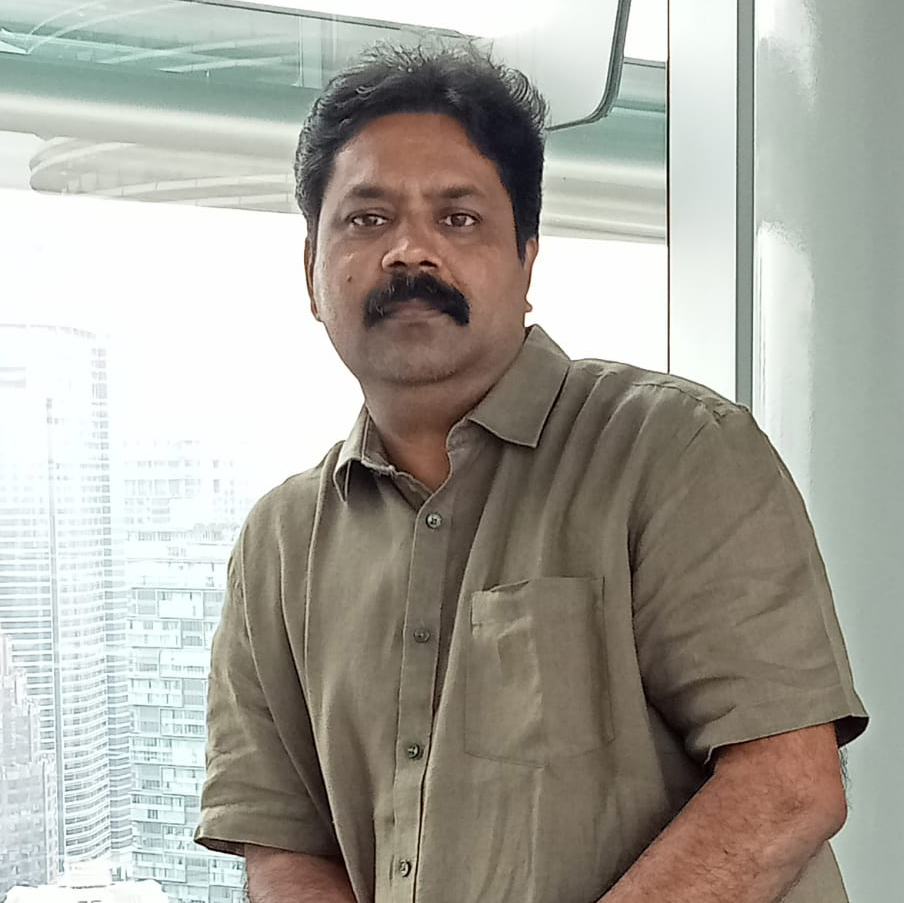Enforcing the rules while managing the 24/7 demands of the shipping industry is rife with challenges and calls for skills in communication and mediation, as well as technical expertise, to reach solutions that are safe, in line with all regulatory requirements and fulfil clients’ needs.
It’s not always easy path to walk, LR's Global Technical Client Care Director Theodosis Stamatellos tells Horizons, with diplomacy often an essential component to completing a project. Working as an intermediary requires not only a deep understanding of class rules, but also the rapidly developing shipboard technologies, life aboard ship, the land/sea interface, safety-first approach and consistent, honest communication with all parties.
He is emphatic that the relationship between classification societies and clients has never been more important as global shipping undergoes a period of unprecedented change.
The energy transition, sustainability, digitalisation, carbon pricing and artificial intelligence are some of the many factors that are changing the ways in which ships are managed from shore as well as how they operate at sea. And there is also the accelerating onset of new regulations which appear set to multiply in the years ahead.
He emphasis the many variables that can impact decisions – time and cost often being central to conversations.
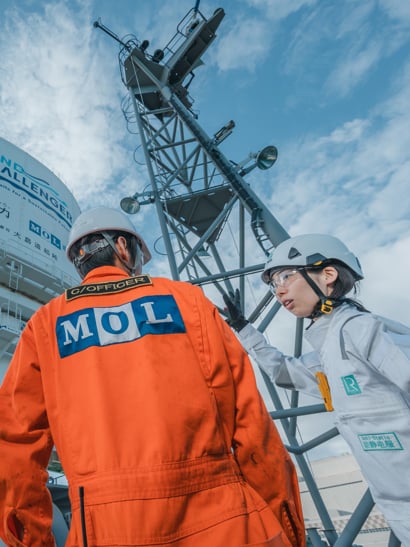
A broad remit
“We are not here to say yes or no,” he explains, “but we focus on workable alternatives. Also, any solution must never have an impact on safety. When we’re recruiting new people to the LR team, we look for good technical knowhow, a client-centric approach, and a deep understanding of the role of class which, in my opinion, has never been more important.”
The LR team works with client personnel on sea and shore on a wide range of customer requests and requirements. Work can range from providing support and knowledge back-up for clients, right through to assessing new technologies and ship management strategies with fleet superintendents and company directors.
It can be the case, Stamatellos points out that lateral thinking and a pragmatic approach can reveal simple but effective solutions to solve a problem.
The personal touch
Stamatellos explains the rationale for what he describes as a global service with local presence. The 20 regional offices are an essential resource. Some might argue that they could be replaced by one 24/7 service centre but he insists that such a strategy would fall short of LR’s client care goals.
“We work with our clients on the basis of trust and the ability to talk things through,” he explains. “A local presence is very important and our network will be extended further in the future. There are also practical considerations – the ability to talk the local language to avoid misunderstandings and build trust – and to work in the same time zone. Technology cannot change these fundamentals.”
Stamatellos identifies one of the principal challenges today: the fact that environmental groups are demanding changes that require the development of completely new technologies. But in many instances – such as low- or zero-carbon fuels, for instance – the technology is not ready yet. Therefore, shipowners and operators lack sufficient confidence to make the investment decisions that are necessary.
There are both regulatory and commercial considerations. On fuels, for example, what new regulations are likely? What new fuels will be available, and when and where? And what will they cost? Nobody yet knows, but LR supports clients by examining the options and aligning what information is available with clients’ requirements so that they can make as informed decisions as possible.
‘Up-skilling’ and ‘re-skilling’
The client care team frequently liases with seagoing personnel and Stamatellos and his colleagues are seeing first-hand the impacts that ever-more sophisticated technology aboard vessels is having on crew. Whilst many of the outcomes are positive, with technology also comes the increasing pressures of more complex digital systems. Deck officers must contend with new voyage optimisation technology, weather routing, and just-in-time arrivals. Engineers must become familiar with and adopt remotely managed planned maintenance, fuel management, familiarity with a multi-fuel future, hybrid energy systems incorporating batteries, fuel cells, wind energy, and so on.
Most seafarers have not been trained in any of these new technologies and LR is working with clients, including those aboard, to make the transition especially as crews become smaller crews and technology plays an increasingly important role.
It’s one of many challenges facing today’s owners and operators, along with carbon pricing and fuel management. On the latter, Stamatellos expects this to be a catalyst for closer ties between owners and established ship management firms.
Despite the challenges, he is fundamentally positive. “There is no alternative to the global transport of raw materials, energy, and manufactured goods by sea,” he says. “Shipowners are very resilient and they are creative thinkers. That is why, despite the challenges, I am still optimistic!”
